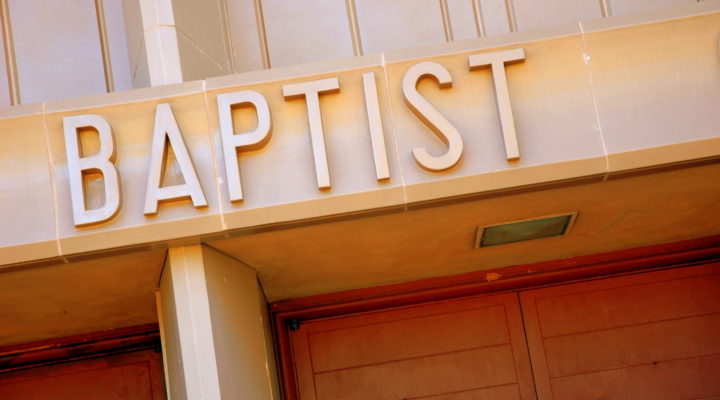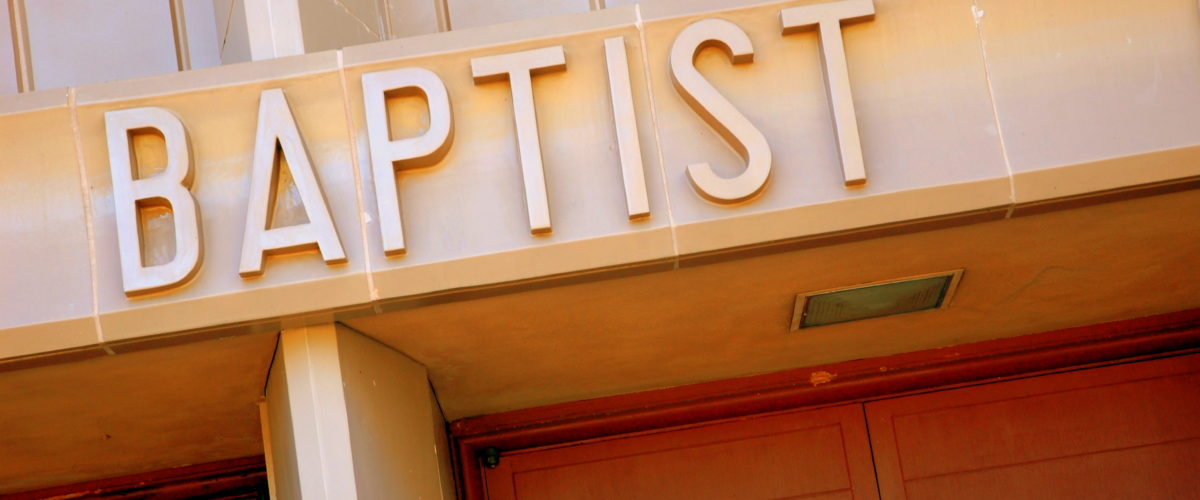Congregations across the country are struggling to remain, or even achieve, relevance in their communities. The struggle is just as difficult for seminaries seeking to serve those churches.
Wake Forest University School of Divinity has kicked off an initiative to prepare alumni serving in churches and current students for ministry in a culturally, religiously and economically fluid American landscape.
The Baptist Commons was launched in March to support holistic education and foster dialogue between Baptists and with other traditions. It’s also a celebration of the university’s Baptist roots.
“Theological education and religious leadership are changing at a rapid pace,” Jill Crainshaw, acting dean of the School of Divinity, said in a news release about the launch. “I am excited about providing reflective space where our students and faculty can learn from our Baptist friends and neighbors, and where our Baptist students can explore the multiple ways they can embody their unique Baptist beliefs in diverse ministry contexts.”
The concept for the school originated with divinity school Dean Gayle O’Day, who is currently on research leave.
“It grew out of her concern to foster Baptist identity inside an ecumenical divinity school,” said Bill Leonard, professor of Baptist studies and church history at the School of Divinity.

Bill Leonard
There also have been requests from Baptist alums for insights into how better serve churches in difficult times, he said.
Leonard spoke recently about the Baptist Commons, its mission and the challenges it seeks to help current and future ministers overcome.
Baptists and other Christian groups face many cultural and economic hurdles. Did that inspire the creation of this program, and its timing?
Yes. I think so. It’s kind of multilayered. One of our largest groups of denominationally identified students are Baptists. We have a large number of students, from Southern Baptist to Independent Baptist to National Baptists. So, part of this is a response to the diverse Baptist community that we have, racially and denominationally. It’s an effort to take that very seriously.
Is it also about educating students about what it means to be Baptist, whatever group they’re from?
That’s the second layer. These students are going into churches that use the name Baptist in some way or other. But because those old denominational networks are so fluid or disappearing, these students didn’t grow up necessarily knowing what that meant any more than these churches know. This is about a theological and ecclesiastical identity that we think is very important and needs to be focused on.
Is fading denominationalism and religious identity also considered?
Yes. That’s the third element. In the Baptist context, these realities of the contemporary church, declining membership, declining finances, declining resources, will all be addressed in the Baptist Commons. Wake is doing that with other denominational groups as well — with Episcopalians, Presbyterians, Congregationalists, Pentecostals and others. The Divinity School is doing that. This moment in American ecclesiastical life demands that we have this kind of intentionality.
Is that where the program provides its practical application for students?
This initial gathering was a way of communicating to students, alumni and supporters — particularly to Baptist supporters — the Divinity School is taking this very seriously. … We are very concerned about addressing these practical realities, not just trends. I gave up calling them trends. They are realities. I don’t care what church you are in across theological and racial and contextual and cultural spectrum, you have to confront these realities.
How will those challenges be covered?
We want to have, each semester, a particular program or conference that addresses these practical issues. We are hearing from alums asking, “Can you help us deal with practical realities? We got out here in the trenches and didn’t get the training to address these issues.”


